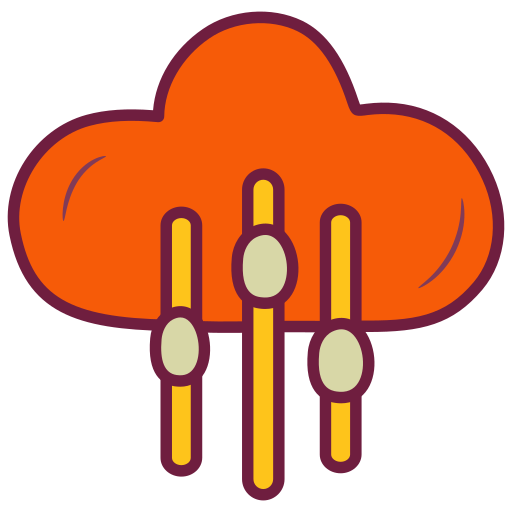
Optimization
Variational Quantum Linear Solver
Variational Quantum Linear Solver (VQLS) is an emerging technology for solving optimization problems using quantum computers. It is based on the principle of variational optimization, which combines classical optimization methods with quantum circuits. VQLS uses a parametrized quantum circuit to prepare a quantum state that encodes the solution to an optimization problem. This state is then measured, and the optimization problem can be solved by adjusting the parameters of the circuit in order to minimize a given cost function.
VQLS has the potential to provide a significant speed-up compared to classical optimization algorithms. This is because quantum computers are able to perform calculations in parallel, which can lead to a much faster solution than what is possible with classical computing. Additionally, quantum computers can take advantage of quantum effects such as superposition and entanglement to solve problems more efficiently than is possible with classical computing.
VQLS can be used to solve a variety of optimization problems, such as linear programming, quadratic programming, and combinatorial optimization. Additionally, it can be used to solve problems in machine learning, such as finding optimal parameters for a neural network.
VQLS is still in its early stages, and there are many challenges that need to be addressed before it can be used in practical applications. For example, the quantum circuits used in VQLS are prone to errors, which must be corrected in order to obtain accurate results. Additionally, the size of the quantum circuit must be kept small to limit the amount of time it takes to find the solution.
Despite the challenges, VQLS has the potential to revolutionize the way optimization problems are solved. By leveraging the power of quantum computing, VQLS can provide a much faster and more efficient solution than is possible with classical computing. This could lead to significant improvements in a variety of fields, from business and finance to machine learning. In the future, VQLS may become an indispensable tool for tackling complex optimization problems.
QAOA
Quantum Approximate Optimization Algorithm (QAOA) is an algorithm developed to solve optimization problems on quantum computers. It combines two existing technologies – quantum circuits and quantum annealing – to efficiently compute solutions to optimization problems.
Quantum circuits are a type of quantum algorithm that uses individual qubits to perform unitary operations on a quantum system. These operations are designed to cause the qubits to interact in a way that produces a desired outcome. This technology is used to create a circuit that can be used to solve a particular optimization problem.
Quantum annealing is a process where the system is cooled to near absolute zero so that it is in its ground state. This state allows the system to accept changes in its energy levels that can be used to solve an optimization problem. The process involves slowly changing the energy levels of the system so that it can find the lowest energy level, which is the solution to the problem.
QAOA combines both of these technologies to solve optimization problems. It works by using the quantum circuit to create a series of gates that interact with the qubits and solve the optimization problem. After that, the quantum annealing process is used to slowly adjust the energy levels of the encoded problem.
